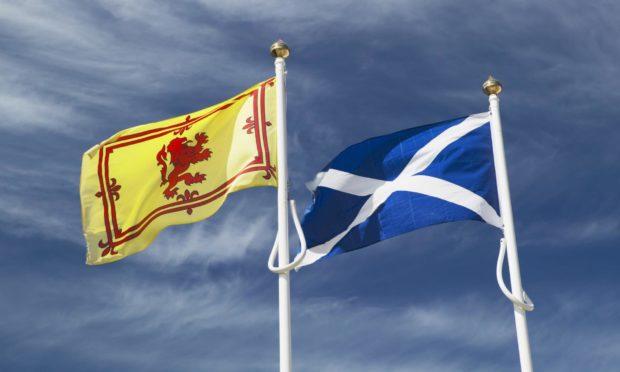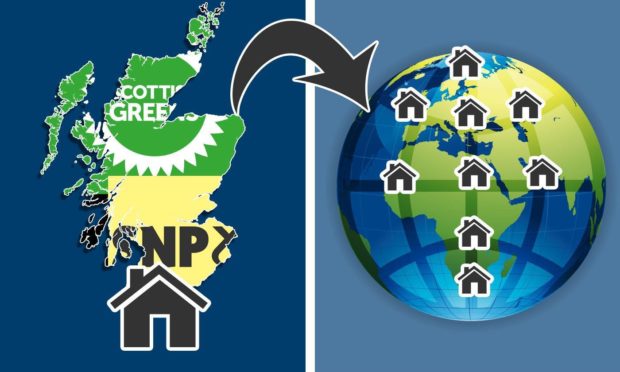The Scottish Greens have secured an expansion for the international network of Scotland House hubs as part of an increased external affairs presence, in coalition negotiations with the SNP, we understand.
The two political parties are currently in the end stage of discussions over a co-operation agreement which could put the Greens into the Scottish Government for the first time.
But there’s political horse-trading to be done on both sides, with the parties needing to show to their members the benefits of joining forces.
The Scotland House hubs – currently operating in eight locations including Washington DC, Paris, Berlin and Beijing – bring together government offices, private industry and the public sector under one roof.
Their role is to boost the country’s tourism profile, help Scottish businesses enter local markets, and attract international investment, among other duties. Under devolution laws, the UK Government retains powers over foreign affairs but there is wiggle room when it comes to some aspects of international relations.
As we revealed in March, the SNP has plans to open a new Scotland House in the Danish capital Copenhagen. The Greens had a manifesto pledge to open a brace of new Scotland House premises in strategic locations for global trade like Sao Paolo, Nairobi, Tokyo, Warsaw, Atlanta, San Francisco, Oslo and Delhi.
Sources close to the negotiations between the Greens and SNP say there is no suggestion the planned Copenhagen expansion will be scrapped in favour of Oslo. It’s thought the easiest “minimum ask” the Greens could achieve is a new Scotland House in Warsaw.
Other cities could also be in the frame to get new hubs when the SNP-Green deal is eventually unveiled.
Stephen Gethins, Professor at the School of International Relations at the University of St Andrews, and a former SNP MP, said: “That is a good investment after the damage done by leaving the EU and will bring both economic and diplomatic benefits to a range of sectors. It would also bring Scotland more into line with what other similar governments are doing in terms of international outreach across the world.
“It makes sense for the Scottish Government to expand its international network including to our near neighbours in the Nordic states and the increasingly important eastern European market amongst other parts of the world.”

Is Scotland playing catch-up internationally?
While Scotland might be one of the most recognised country brands anywhere in the world, it is already being out-paced by Flanders in Belgium, Bavaria in Germany and Quebec in Canada, in terms of international representation.
Flanders has 13 overseas diplomatic offices on three continents; the government of Bavaria has more than 30 international offices in a globe-spanning network first established in the mid-1990s; and the Quebec government has 33 representative offices in 18 countries.
Even the Faroe Islands – with a population of just 53,000 people – has four foreign missions with full diplomatic status in Moscow, London, Reykjavik and Brussels, which have a similar remit to the Scotland House hubs.
“The UK’s decision to leave the European Union has left Westminster in a more diplomatically isolated position than at any time in the post-war period,” Mr Gethins said.
“This has real consequences for jobs and the economy as well as our soft power. The Scottish Government therefore needs to think about plugging the gaps left by Brexit and the impact that has had on our economy.”
